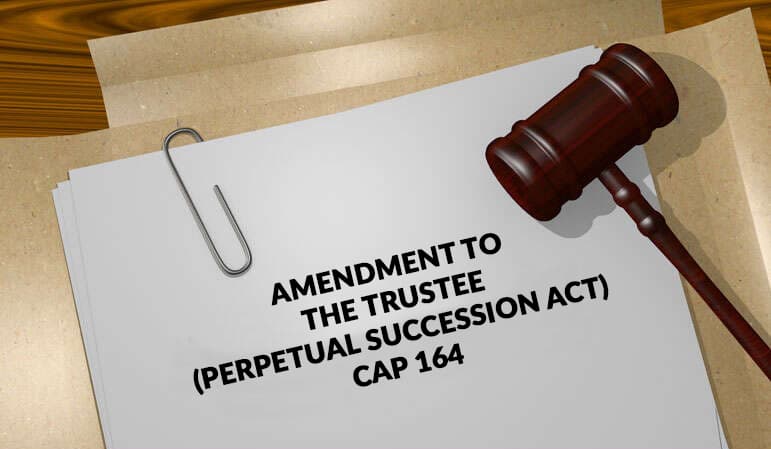Introduction
In Kenya focus has shifted from establishing beneficial ownership policy and regulations toward actual use of the data. With a beneficial ownership register already in place, the government’s objective is to leverage data for more informed decision making by procurements and revenue officials. In this article we look at the compliance requirements and effect of compliance with beneficial ownership requirements.
Compliance Requirements
Under the New Regulations, every company is required to undertake the following activities for purposes of compliance:
- Identify its beneficial owners and enter the respective particulars in the company register.
- Lodge a copy of the register of beneficial owners with the Registrar of Companies within 30 days.
- Lodge any changes to the beneficial ownership register with the Registrar of Companies (‘Registrar’) within 14 days.
- Give notice to persons it knows or has reasonable cause to believe is the beneficial owner of the company to provide details of their particulars within 21 days from the date of notice.
- Issue a warning notice to the person who fails to comply with the notice to provide beneficial ownership particulars.
- Restrict the relevant interest of a person who fails to comply with a warning notice within 14 days from the date of notice and file the restriction with the Registrar within 14 days of its issuance.
- Withdraw the restriction placed on the relevant interest of the beneficial owner within 14 days of compliance of the warning notice and file the withdrawal with the Registrar.
- Effects and Repercussions of Expansion of Disclosures under the New Regulations.
a. Public Tendering Transparency
Companies applying for government and public body contracts will be mandated to disclose beneficial owners’ information during submission of bid applications to ensure tenders are verifiable for compliance.
Once awarded, the PPRA will publicize the beneficial ownership details on relevant sites and portals. This is expected to promote transparency during awarding of tenders to companies in the country.
b. Data Protection Risks
The New Regulations do not clearly state or limit the personal information of the beneficial owner held by the PPRA. As such, some of the information contained in the beneficial owner’s register such as financial investments and residential addresses constitutes sensitive personal information.
Furthermore, the requirement for beneficial ownership contradicts confidentiality provisions under the PPADA which prohibits disclosure of contents of tenders, proposals for quotations during or after the procurement process.
The mandatory publication of beneficial ownership information for successful companies in this case calls for deliberations on the extent of publication of such information.
c. Non-Compliance Risks
Failure by a company registered in Kenya to publish its correct and up to date beneficial owners register attracts a significant fine of up to Ksh.500, 000 on conviction and a continuing fine of Ksh.50, 000 per day for each day of non-compliance which is a prerequisite requirement, puts the company at risk of disqualification from future tender applications.
Recommendations for Compliance
- Affected companies are advised to update their beneficial ownership records and registers of nominees to align with legal requirements.
- Registered businesses are encouraged to review their current ownership and control structures to ensure legal compliance under the definitions of beneficial ownership.
Conclusions
Externally, the New Regulations aim to enhance accountability by companies operating in Kenya while ensuring transparency, combating illicit activities and mandating a culture of legal compliance for corporates.
At Netsheria International LLP, we value startups and SMEs in their growth and expansion through providing legal expertise, support and solutions to their everchanging needs. We assist budding entrepreneurs direct their passion and vision into their core business as we handle the legal stuff. We offer legal support necessary to launch and grow startup companies, protect their ideas and realize their business objectives.
To learn more about how Netsheria can help you, visit our website or contact us today.






